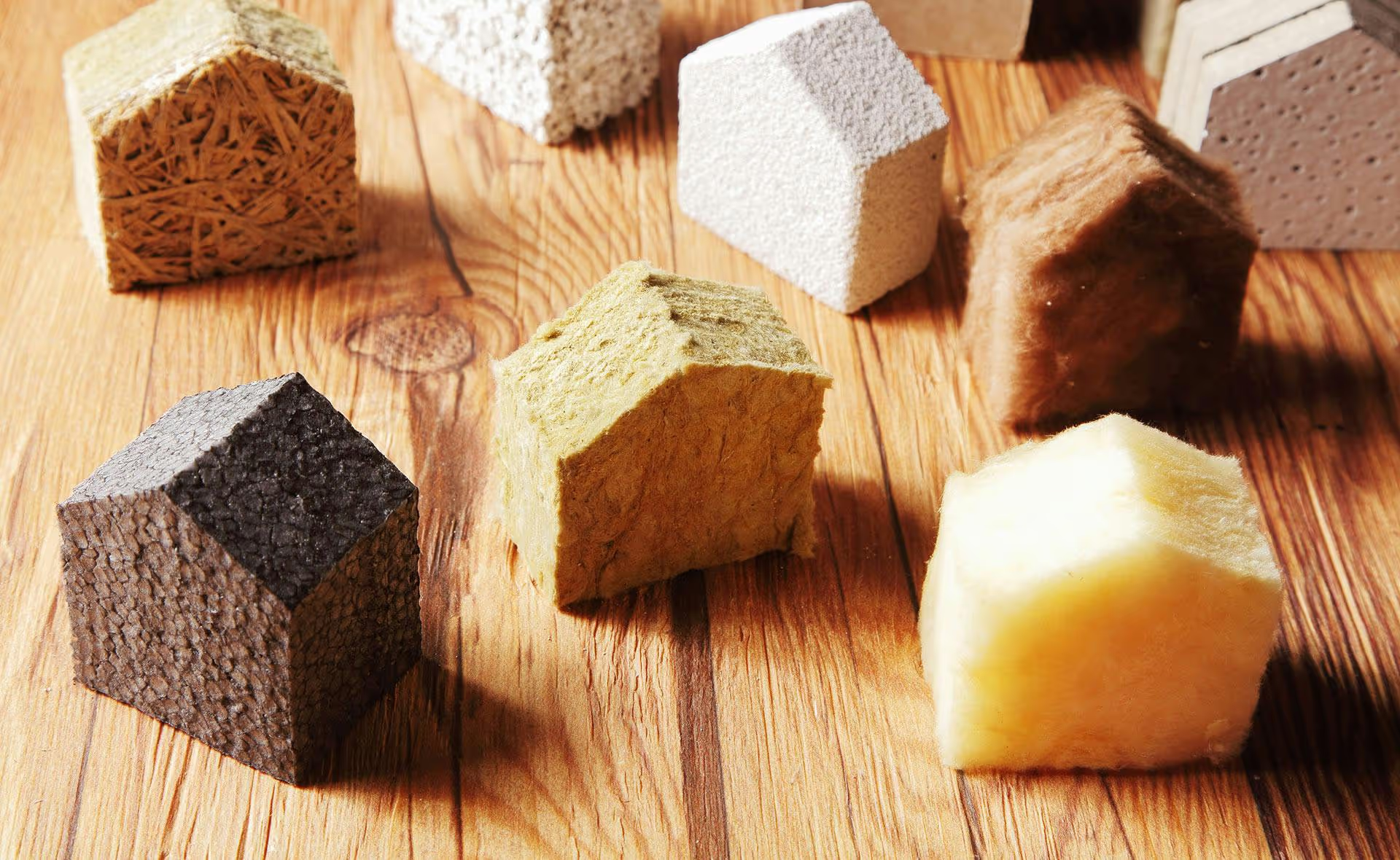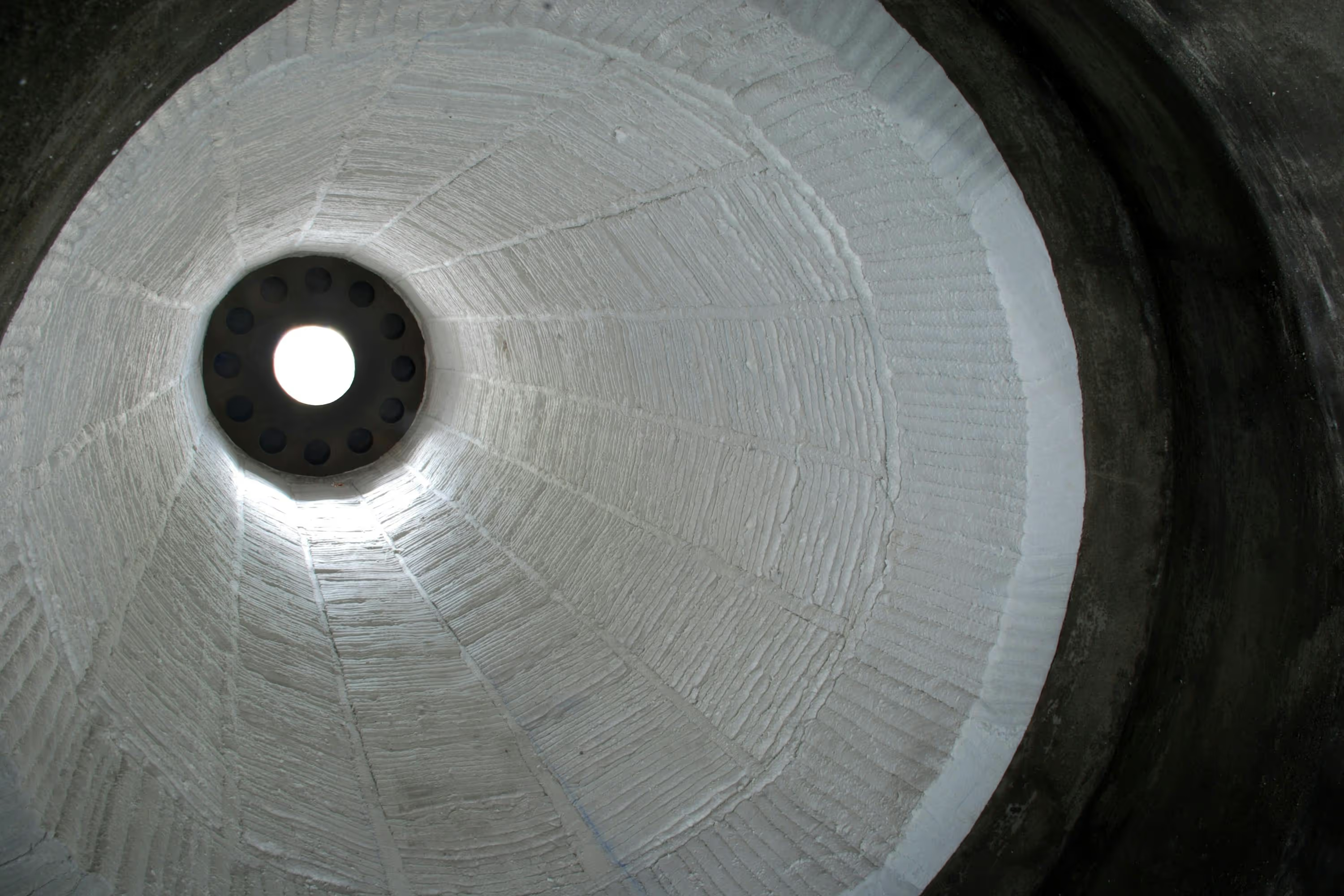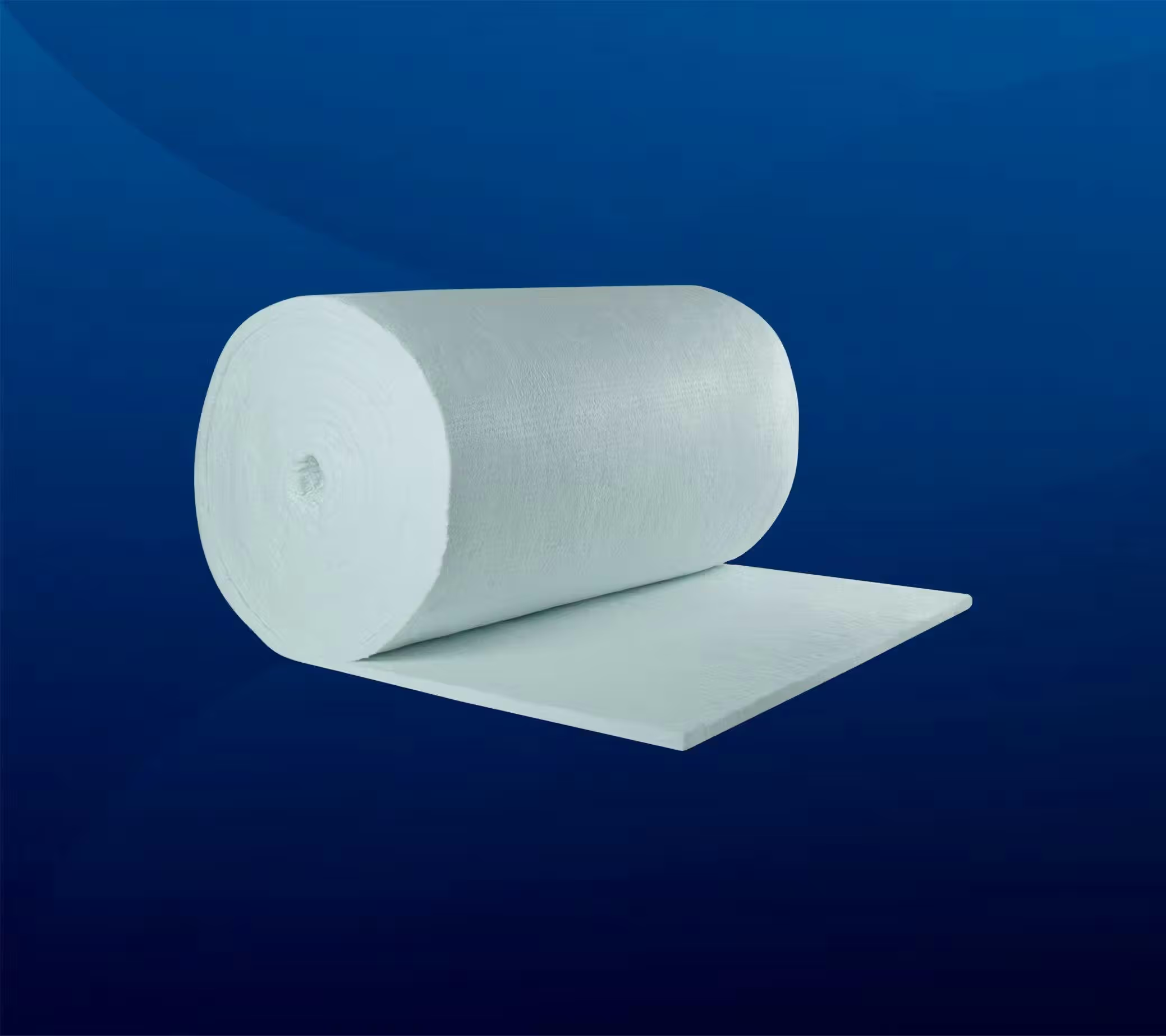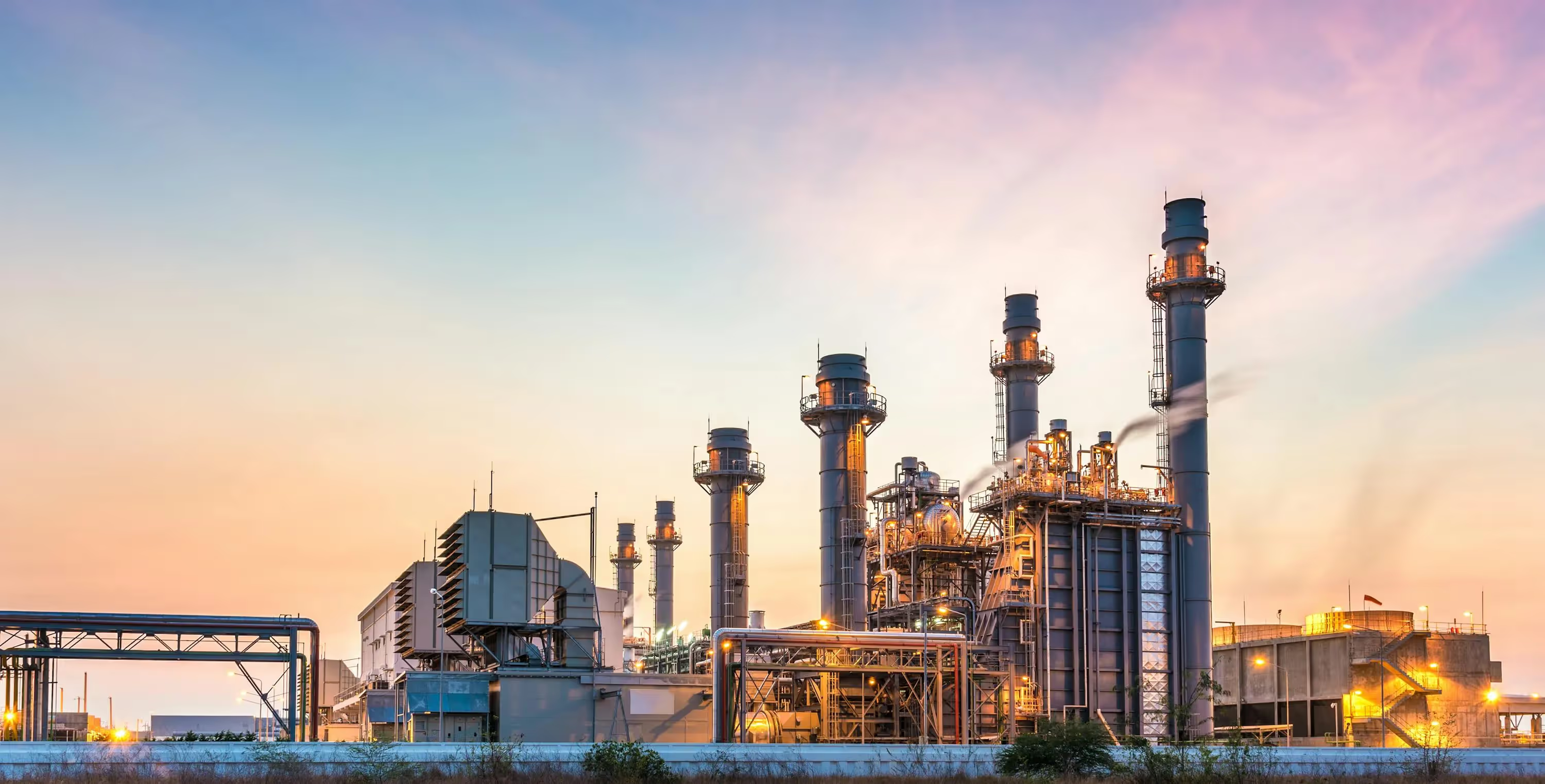
English (Global)
Article
Pros and Cons of Different Thermal Insulation Types
Learn about the advantages and disadvantages of different types of thermal insulation. From efficiency to durability, many factors can influence your choice.
Abel Ochoa
Sales Manager Mexico & Latin America
When selecting thermal insulation, it is essential to consider both the benefits and the limitations of the different existing types. The right choice can significantly impact industrial equipment's performance, efficiency, and safety.
Below we discuss some of the different types of insulation available to industrial users. We evaluate the characteristics, advantages, and disadvantages.
What are the different types of thermal insulation?
There are various types of industrial thermal insulation, all with their own particular characteristics and applications. The most common are:
- Ceramic fiber insulation. These are made of tiny filaments of high-purity aluminosilicate minerals. They offer appropriate thermal resistance for protection against high temperatures. The most common applications are in industrial furnaces, boilers, ventilation ducts, turbines, and pipes.
- Low biopersistent fiber insulation. Made of biosoluble fiber, this is used for high temperature insulation. Some of its applications include ceilings, walls, air ducts, as well as boilers, and pipes.
- Fiberglass insulation. This type of insulation is made of fiberglass and is commonly used in HVAC systems and industrial equipment.
- Mineral wool insulation. This is made primarily of mineral fiber and is commonly used in industry to insulate pipes, storage tanks, and equipment.
- Rock wool insulation. This is made with natural basaltic rock and mineral coke. It is commonly used on roofs, interior walls with steel studs, and floors.

Main pros and cons of thermal insulation types
Ceramic fiber
Pros:
- Low density. Due to its composition, it has a lower density than other thermal insulators, giving it an advantage in its lightness and flexibility. This makes it easy to install and transport.
- Low heat storage. Its cooldown is faster. This allows immediate access and handling when required.
- Resistance to thermal shock. Withstands sudden changes in temperature without suffering damage.
Read more about ceramic fiber insulation in our article Ceramic Fiber: High Temperature Insulation Solution.

Cons:
- Low mechanical resistance. Less resistant to mechanical impact.
- Health risks. It can release fine particles into the air that reach or irritate the skin. Because of this, it is advisable to wear the appropriate personal protective equipment.
Low biopersistent fiber
Pros:
- Regulations. This fiber complies with various regional legislation and regulations (environmental, health and safety, etc.) in some countries of the USA and European Union regarding the use of fiber in industrial processes.
- Thermal resistance. It is a thermal insulator that can withstand temperatures up to 2190°F (1200°C).

Cons:
- Low mechanical resistance. It is less mechanically resistant than other fiber types if not appropriately handled.
- Higher cost. It is usually more expensive than other types of fiber.
Fiberglass
Pros:
- Thermal insulation. It can reduce heat transfer, making it effective in keeping the internal environment cool or warm as needed.
- Easy to install. It can be easily installed in panels or rolls, allowing it to be applied to walls, ceilings, and floors.
- Cost. It is a relatively cheap material compared to other thermal insulators.
Cons:
- Health risks. It can irritate skin and eyes, so using personal protective equipment when handling is essential.
- Fragility. It can break easily, reducing its effectiveness as an insulator.
- Water permeable. It loses its insulating capacity when it gets wet.
Mineral wool
Pros:
- Moisture resistance. It is not affected by the presence of water, thus precluding the formation of mold and mildew.
- Fireproof. It does not contribute to the spread of fire.
- Acoustic insulation. In addition to insulating low heat temperatures, it has a high sound absorption capacity.
Cons:
- Installation problems. Installation is often complicated and potentially dangerous if not carried out correctly.
- Cutting. It can be difficult to cut properly, which increases application costs and the time required for installation.
Rock wool
Pros:
- Thermal efficiency. It helps reduce heat transfer between different spaces and industrial equipment.
- Fire resistance. It doesn’t burn, making it a safe material for use in industrial environments where there is a fire risk.
- Easy installation. It is moldable and can be tailored to different shapes and sizes, allowing it to be used in various industrial applications.
Cons:
- Difficult to handle. It can be challenging to cut and fit due to its density and texture. This prolongs the time it takes to satisfactorily install.
- High costs. It can be more expensive than other types of insulation, making it less attractive for some industrial projects.
- Fragility. It is susceptible to damage if handled roughly or subjected to intense vibration or movement.
Do you handle high temperatures? These are the types of thermal insulation solutions to consider
Among the previously mentioned thermal insulating materials, it is necessary to note that not all are suitable for high temperatures.
We recommend considering ceramic fiber and low biopersistent fiber if you are looking for an effective thermal insulation material that protects your machinery or equipment from high heat exposure.
Ceramic fiber can withstand temperatures ranging from 1000°F (538°C) to 2700°F (1480°C). Alternatively, low biopersistent fiber is used at temperatures up to 2200°F (1205°C). This makes these materials ideal for use in applications where high heat resistance is required.
In addition to withstanding high temperatures, they are thermal insulators with outstanding durability. At the same time, they are easy to handle and install, and are resistant to chemicals and exposure to water.

To help minimize the risks when choosing an insulating solution, check out our note High-Temperature Insulation Products - Key Factors Before Choosing.
Finally, it is recommended that you work with an experienced thermal insulation professional.
Would you like to know more about our high temperature thermal insulation solutions? Contact one of our advisors today.
Want to know more?
At NUTEC, we are committed to providing you with valuable content that helps you make informed decisions for your business. Thank you for taking the time to read this entry and we hope it provided you with insights that you can apply to your operations.
If you have any questions or would like to learn more about our products, please don’t hesitate to contact us.
To get in touch, simply fill out the form, and one of our experts will get back to you as soon as possible.
© NUTEC Incorporated 2026



